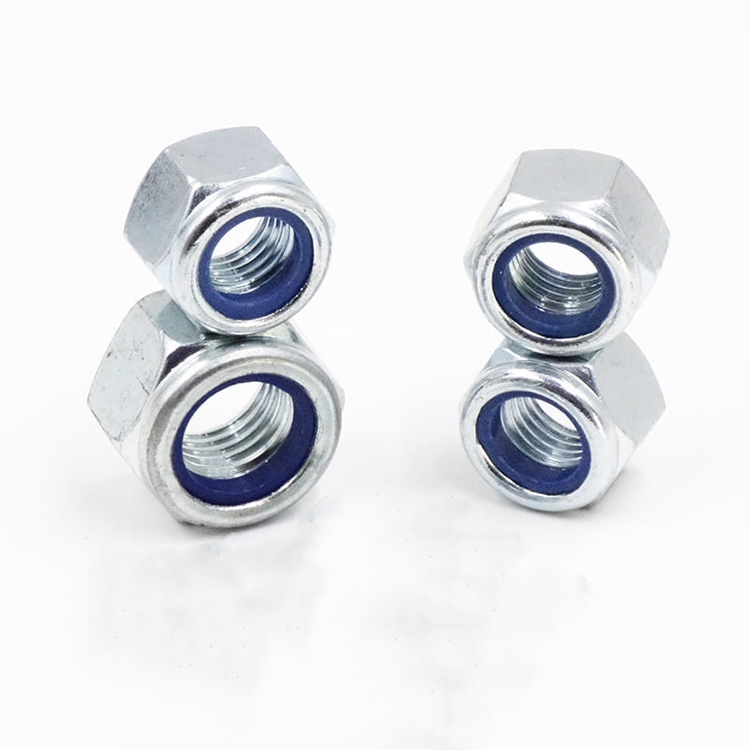stud bolt astm a193 exporter
Pro . 21, 2024 16:23 Back to list
stud bolt astm a193 exporter
Understanding Stud Bolts and Their Role in ASTM A193 Standards
Stud bolts are crucial components in various industries, particularly in sectors involving heavy machinery, power generation, and oil and gas. These bolts, long and cylindrical, come with threads on both ends and a smooth shaft in the middle, allowing for robust fastening in both tension and shear applications. Understanding stud bolts and their specifications, particularly those outlined in the ASTM A193 standard, is essential for exporters and manufacturers aiming to deliver reliable products to their customers.
ASTM A193 Overview
ASTM A193 is an American standard that specifies the requirements for alloy and stainless steel bolting products used in high-temperature or high-pressure service. This standard is critical when these fasteners are called to function in severe environments, such as chemical processing, pressure vessels, and power plants.
The standard categorizes stud bolts into different grades based on their material properties. The most commonly referenced grades in A193 include Grade B7, Grade B16, and Grade B8. Each grade possesses distinct mechanical properties, allowing for performance matching depending on the application's specific requirements.
Characteristics of Stud Bolts
1. Material Composition The material choice for stud bolts significantly affects their performance under different conditions. For instance, Grade B7 stud bolts, made from medium carbon alloy steel, are ideal for high-stress applications due to their excellent tensile strength. In contrast, Grade B8 features stainless steel composition, offering superior resistance to corrosion, making it well-suited for chemical processing environments.
2. Dimensions and Threading Stud bolts come in various sizes, which can affect their strength and applicability. The dimensions of stud bolts must comply with specific standards, typically the ASME B18.2.1 for hex bolts and nuts, ensuring interoperability across various applications.
3. Heat Treatment Many stud bolts undergo heat treatment to achieve desired hardness and tensile properties. Heat treatment processes like quenching and tempering can enhance performance traits, enabling the bolts to endure extreme conditions without failure.
stud bolt astm a193 exporter

Exporting Stud Bolts
For manufacturers and exporters dealing with stud bolts, compliance with ASTM A193 is imperative. This compliance not only ensures the quality and reliability of the products but also builds trust with international clients who depend on these fasteners to meet safety and operational standards. Here are some key considerations for exporters
1. Quality Control Implementing rigorous quality control measures is essential. This involves regular testing and inspection throughout the manufacturing process to ensure that every batch of stud bolts meets the requisite specifications laid out in ASTM A193.
2. Documentation Proper documentation is critical in international trade, as it ensures transparency and traceability. The export process should include adequate material certification, test reports, and compliance documentation to facilitate smooth transactions across borders.
3. Understanding Market Needs Exporters must be familiar with the specific requirements of the markets they serve. Different regions may have varying standards, regulations, and customer expectations. Being adaptable and responsive to these needs is crucial for maintaining a competitive edge in the global market.
4. Building Relationships Establishing strong relationships with clients, suppliers, and logistic partners can enhance the export experience. Reliable partnerships can lead to better pricing, reduced lead times, and improved customer satisfaction.
Conclusion
Stud bolts conforming to ASTM A193 standards occupy a vital position in multiple industries, underscoring the importance of proper manufacturing and exporting practices. By focusing on material quality, adhering to specifications, and ensuring proper documentation, exporters can thrive in this competitive field. As industries continue to evolve, the demand for reliable fastening solutions like stud bolts will only increase, presenting ongoing opportunities for exporters worldwide.
Latest news
-
Durable Bolts for Lawn Mower Handle - Top Supplier & Manufacturer
NewsAug.22,2025
-
High-Quality Bolts for Lawn Mower Handle Supplier & Manufacturer
NewsAug.21,2025
-
Reliable Axle Nuts Supplier | High-Quality Automotive Parts
NewsAug.19,2025
-
Premium Wire Bolts Suppliers | Durable & Reliable Fasteners
NewsAug.18,2025
-
Leading Metric Wood Screw Companies & Manufacturers
NewsAug.17,2025
-
Top Wire Bolts Suppliers - Quality & Durable Fasteners
NewsAug.15,2025
